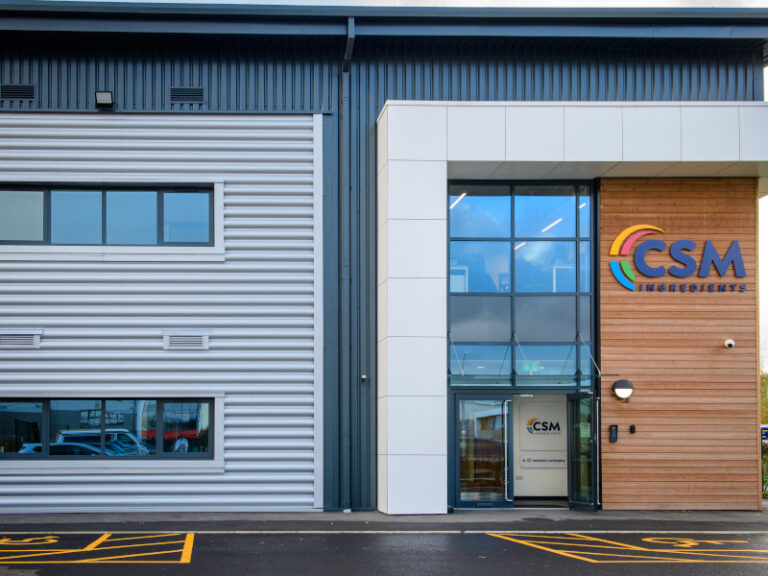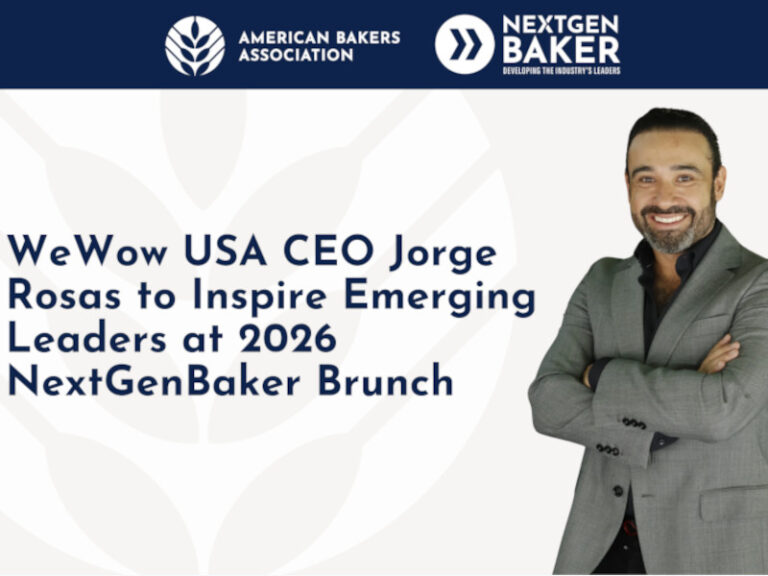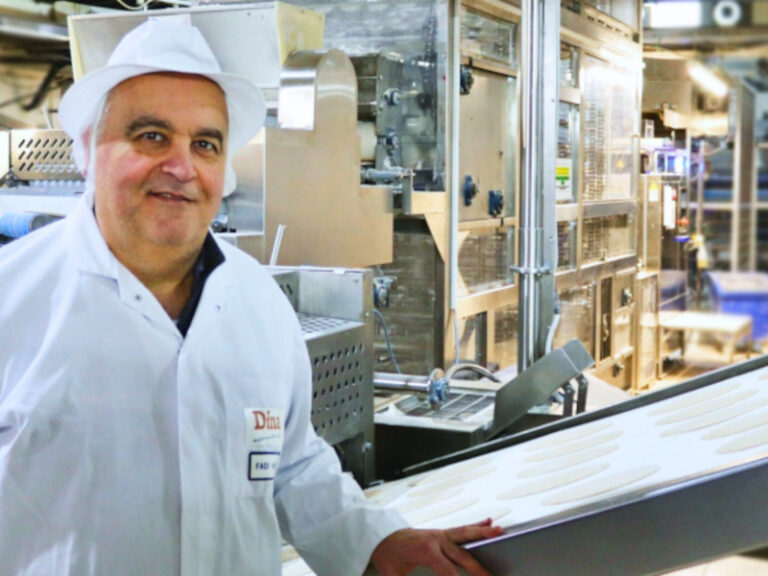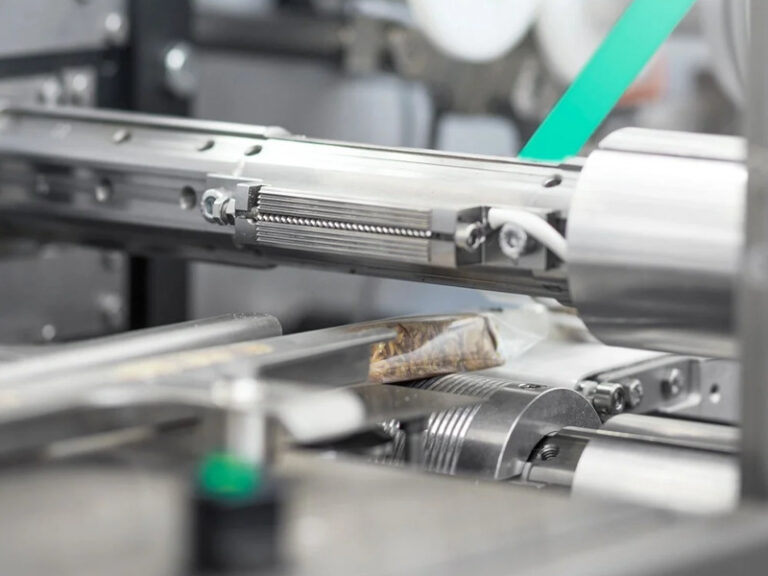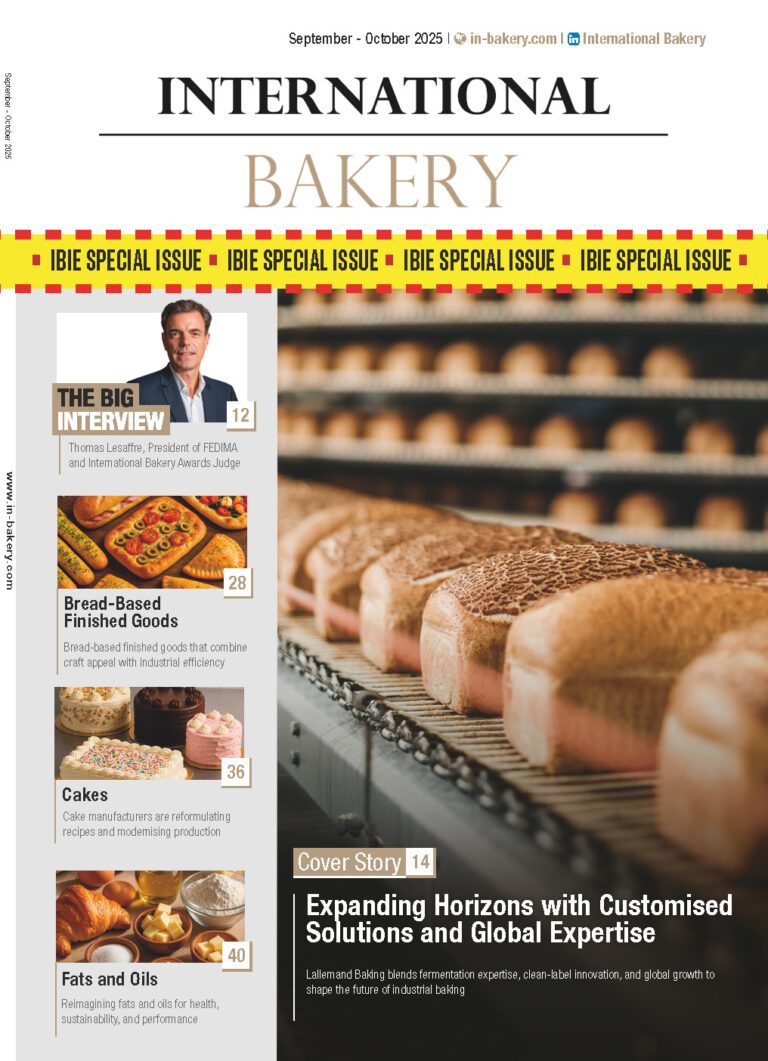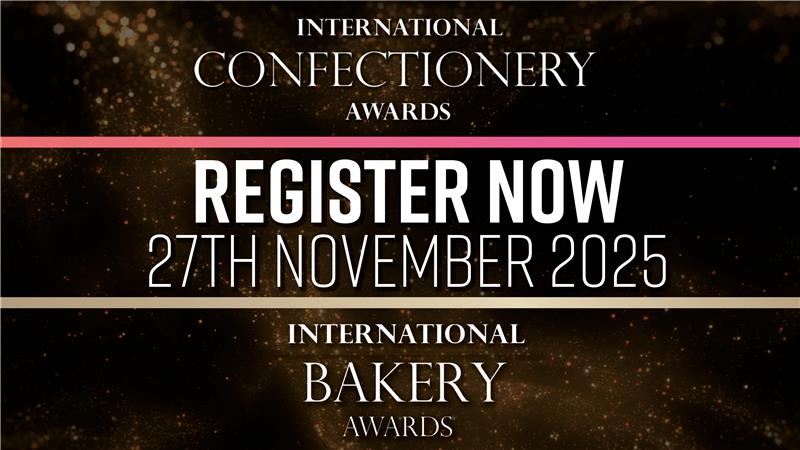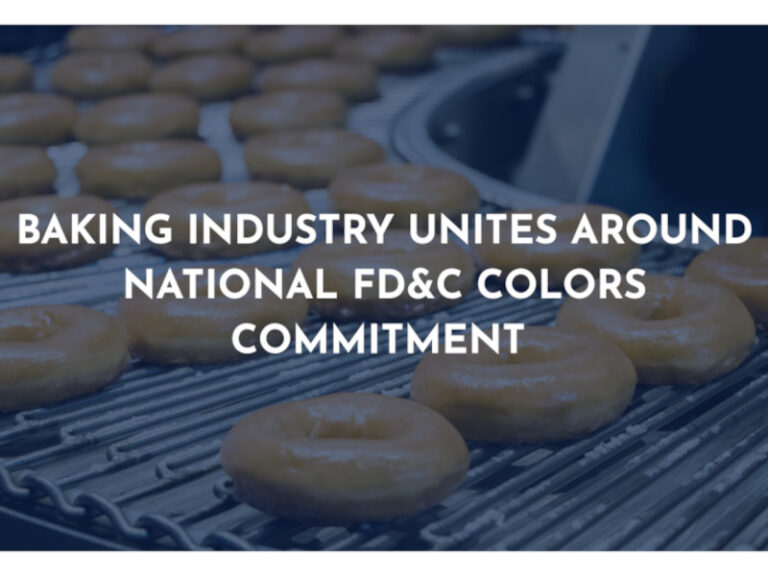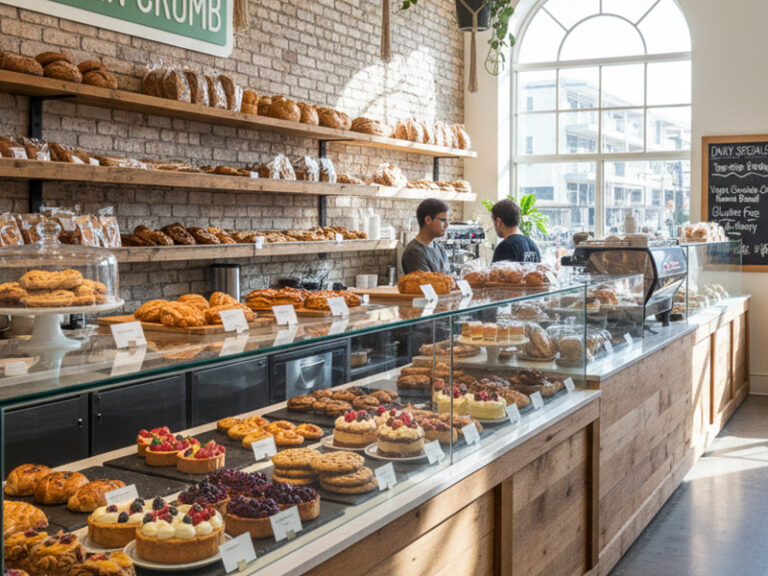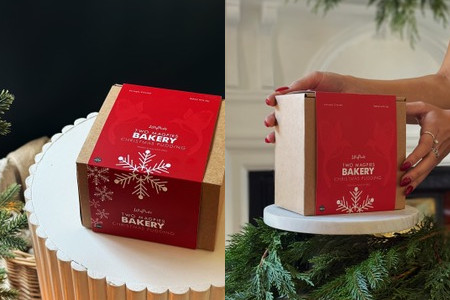Frederik Lievens, Chief Product Officer at Puratos, discusses how purposeful innovation – rooted in consumer insight, tradition and sustainability – is shaping the future of bakery and patisserie worldwide
What defines a successful innovation strategy, and what are the key factors in driving it forward?
We believe that every successful innovation must begin with the consumer. And since we are a B2B company, it also needs to begin with our customer— which can be an artisan baker/pâtissier/chocolatier, but also an industrial manufacturer, retailer or food service company. There is little value in innovating for its own sake if there is no real demand or purpose behind it.
Innovation must address a genuine need in the market. It should reflect and respond to well-established trends, whether those trends stem from what consumers want to eat, how they perceive food, or what they expect from baked goods, patisserie, and chocolate. On the professional side, it’s about understanding the day-to-day challenges of the people making these products. So for us, any new product or solution must be rooted in either consumer expectation or operational relevance. That’s the foundation of any innovation that will endure.
What kinds of breakthrough products or technologies do you think are having the most transformative impact on the bakery industry right now?
At the heart of these transformations are three major consumer-driven trends. The first is the increasing demand for diversification. People are more curious than ever before. They want to try new products, experience new textures, flavours, formats—essentially, they are always looking for something different. This pushes us to continually rethink the creative side of product development.
The second big trend is health and wellbeing. Today’s consumers are well-informed. They know that they can improve their health through what they eat, and they are actively seeking options that support that. So, whether it’s reducing sugar, boosting fibre, or using functional ingredients, there’s an expectation that bakery products should support a healthier lifestyle.
And the third, which has grown significantly in the last few years, is sustainability. Consumers are asking increasingly detailed questions about the origin of ingredients, how they are produced, whether farming is ethical, and how environmentally friendly the overall production process is. These are not fringe concerns anymore—they are central to how people choose the brands and products they support.
How would you say companies can find the right balance between traditional methods or artisanal values in their product offerings?
We always start from the classic product. We believe that every baked good or patisserie item has a reason to exist—a story. That might be a cultural tradition, a holiday or celebration, a special ingredient that a baker wants to showcase, or even a personal invention by a chef. These traditional foundations are essential. They give the product emotional depth and meaning.
From there, we look at how to innovate while staying true to that foundation. One approach is creative reinterpretation. That could involve changing the structure, the layering, or reversing ingredient roles to create something new while honouring the original. Another path is through health—how can we make this traditional treat better for you? That might mean reducing sugar or fat, adding more fruit, increasing fibre content, and so on. And, of course, we also innovate through sustainability—responding to concerns about sourcing and environmental impact.
A good example of that is our Cacao-Trace programme. It focuses on creating more sustainable chocolate by mastering the fermentation process to ensure a great taste, while making sure farmers benefit from the value they create. So, we help our customers build on tradition but move it forward through innovation, health consciousness, and sustainability.
In what ways can innovation help bakers or bakery companies tackle issues like food waste, energy efficiency, and ethical sourcing?
When we look at sustainability, the first thing we focus on is carbon emissions. We know that certain ingredients—such as butter, eggs, and dairy—can have a high environmental impact. So we develop plant-based alternatives that allow our customers to reduce or replace these ingredients, helping to lower the CO₂ footprint of their products.
We also address food waste. For us, this is about helping our customers extend the shelf life of their baked goods without compromising taste, texture, flavour, or overall quality. The longer a product can maintain its freshness and appeal, the less likely it is to be wasted. That benefits the environment and the bottom line.
Ethical sourcing, especially in chocolate, is another important area. Through our programmes like Cacao-Trace, we ensure full transparency in the supply chain. This allows our customers to give clear answers to consumers about how and where their chocolate is made—and under what conditions.
Read the full interview in our latest issue here

